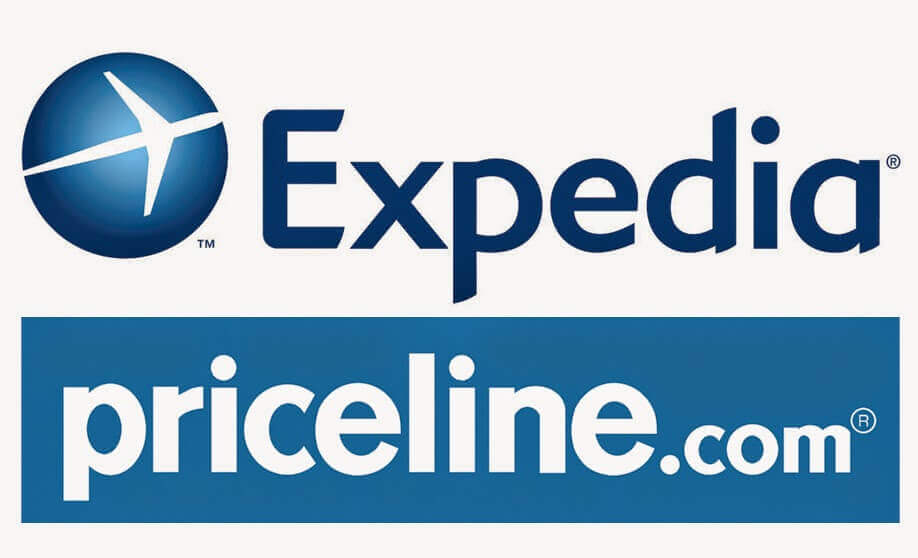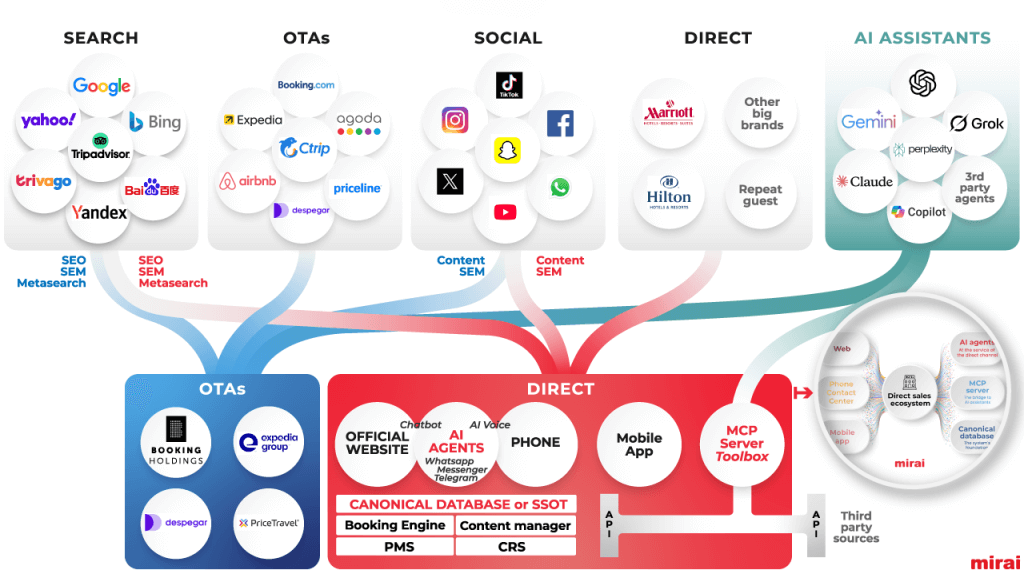
Online travel agencies (OTAs) intentionally modify and reorder search results based on commission fees, creating bias on their websites and ultimately costing consumers choice and value, according to a report released today by Professor Benjamin Edelman of the Harvard Business School.
The paper – “Impact of OTA Bias and Consolidation on Consumers” – explores the rise of OTA search bias, a problem worsened by increased consolidation in the market. Through a series of transactions, Expedia and Priceline own numerous sites that were previously competitors. In fact, Expedia and Priceline now own 95 percent of the OTA market.
The research points out that in this new environment, OTAs are now able to charge hotels exorbitant commission fees – sometimes upwards of 25 percent of the hotel’s revenue. These fees can have a direct impact on how search results are displayed: Hotels who choose to pay less – or simply can’t afford to pay more – are often punished, buried in lower search results, or removed from the site altogether.
“Search bias is inherently deceptive and indeed intentionally deceptive,” Edelman writes in his report. “Consumers reasonably expect that the properties featured on OTAs are those that best match their request, and consumers have no reason to expect properties to be sorted or prioritized based on payment.”
Edelman’s report presents several key findings:
- Almost all OTAs are owned by Expedia or Priceline. No other OTA controls more than one percent of the market.
- The 2016 Herfindahl-Hirschman Index (HHI) for OTAs is 5,069. According to the DOJ and the FTC, a HHI over 2,500 indicates a “highly concentrated” market.
- With limited competition, each OTA can anticipate the others’ pricing, letting the OTAs increase their fees to hotels with greater confidence that the others will match.
- When hotels have offered lower prices with loyalty programs on their own sites, OTAs have demoted their listings by altering where they appear in search results, changing the color scheme to deemphasize or even removing photos of the hotels.
- The hotel industry remains strikingly decentralized, with no single firm controlling more than 20 percent of capacity. Smaller hotels, especially, lack the market power to forcefully oppose OTA fees.




